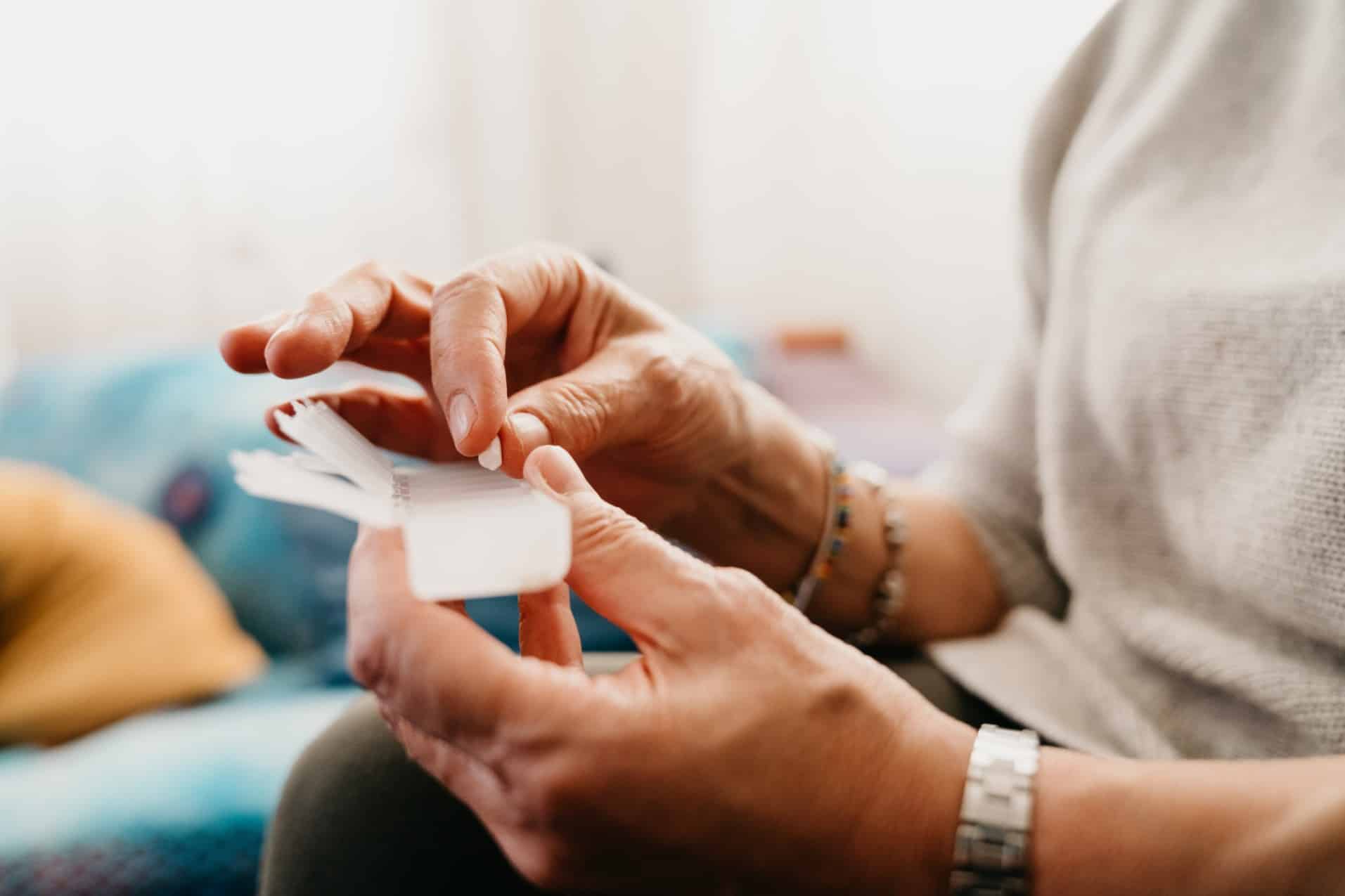Drug-induced bipolar disorder is a serious mental health condition that can have long-term implications. It happens when a treatment for a condition such as depression or ADHD can trigger manic symptoms in the person they are treating. While bipolar disorder induced by drugs can have similar symptoms to those of traditional types of bipolar disorder, it’s important to understand the distinctive features of this disorder and its effective treatments to address this potential side effect correctly and appropriately. The reasons behind the onset of bipolar disorder, a review of common symptoms, various methods of diagnosis used by psychiatrists, as well as the various treatments available to treat the diagnosis. Mental health professionals provide insights on how to spot indications of manic-induced episodes when patients are taking certain drugs. This allows patients to learn what to do after the diagnosis is confirmed.

Bipolar disorder is a complicated mental health condition that is characterised by extreme mood swings, which range from depressive episodes to hypomanic or manic episodes. Research has proven that, although the exact cause of bipolar disorder is not understood it is believed that there are a number of causes, which include brain chemistry and genetics. Bipolar disorder caused by drugs is less widely known forms of bipolar illness. It is caused by addiction to substances or certain medications.
Bipolar disorder induced by drugs, often referred to as bipolar disorder induced by substance, occurs when symptoms of bipolar disorder are directly triggered by the use of drugs or medications. It is crucial to understand that drug-induced bipolar disorder is distinct from bipolar disorder that develops without any substance abuse or medication influence. Drug-induced Bipolar Disorder is characterized by symptoms that may be similar to those of bipolar, but they are caused through drug use.
Diverse substances, including stimulants like amphetamines, cocaine and ecstasy. As well as antidepressants and steroids, or even herbal supplements, have been linked with drug-induced Bipolar Disorder. These substances can cause mood swings, hypomanic and manic episodes because they alter the delicate balance of neurotransmitters inside the brain.
Bipolar disorder induced by drugs can present the same symptoms as bipolar disorders. This includes instances of elevated moods (mania or hypomania) and depression-like episodes. In hypomanic or manic phases, people may have increased energy anger, irritability and racing thoughts. They also might not need to rest or rest as much, and might engage in risky behavior. Depression episodes, on the contrary, are characterized by feelings of sadness, despair, lack of interest in particular activities such as eating or sleeping patterns, and thoughts of self-harm or suicide.
It is often difficult to determine if you suffer from bipolar disorder induced by drugs because the signs are often misinterpreted by the user of the substance. But, it is essential to be able to differentiate between bipolar disorder caused by drugs as it requires a distinct treatment strategy. In order to recover and maintain stability, drug use must be managed along with the bipolar symptoms.
Bipolar disorders caused by drugs are treated by using a combination drug therapy, psychotherapy, as dealing with the problem of addiction to drugs. Drugs like mood stabilizers or antipsychotics can be prescribed to help regulate mood swings and control symptoms. Psychotherapy such as cognitive-behavioral treatments (CBT) can assist people find triggers, establish coping mechanisms, and change their lifestyle to support recovery.
The treatment of substance-related Bipolar Disorder must address addiction to drugs. It is often necessary to attend support groups or participate in treatment programs for substances abuse. Addiction specialists are also able to help with the underlying issues. It is essential to develop a complete treatment plan that considers both the bipolar symptoms and substance abuse to maximize the chances of long-term recovery.
If you or someone you know suffers with bipolar disorder triggered by drugs, it is important to seek professional help. A mental healthcare professional who is experienced in treating co-occurring disorders can identify accurately and devise an individualized treatment plan. If you receive the proper treatment, you can recover.
Drug-induced bipolar disorder is a particular type of bipolar disorder, which is caused by addiction to substances or use of certain medicines. To ensure that the right diagnosis and treatment, it’s crucial to differentiate this kind of disorder from the traditional bipolar disorder. It is essential to know the reasons, symptoms and treatment options for drug-induced bipolar disorder so that you can offer the most effective care and assistance. The best approach will help individuals find recovery and stability through addressing both the substance abuse and bipolar symptoms.







